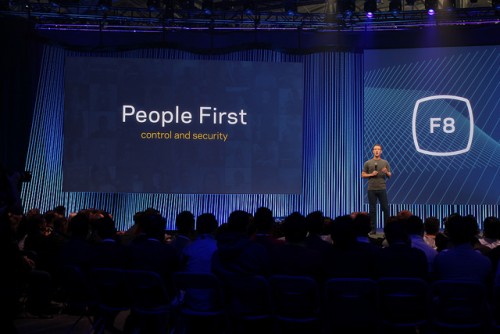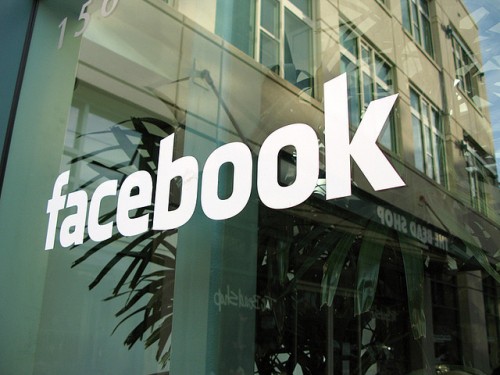This is not a typical blog post. It has far too many words–many of which are jargony– no images, and formal citations where readers would expect/prefer hyperlinks. Rather, this is a literature review. A dry recapitulation of the often formulaic work of established scholars, forged by two low-on-the-totem-pole bloggers with the hope of acceptance into the scholarly realm through professionally recognized channels–in this case, the American Sociological Association annual meetings. Nathan Jurgenson (@nathanjurgenson) and I are working to further theorize context collapse. To do so, however, we need to fully understand how the concept is being and has been used. Below we offer such an account, and ask readers to point out anything we’ve missed or perhaps misrepresented. In short, we hope to share our labors, and invite readers to tell us how we can do better.
Recognizing that this is an atypically time/energy intensive blog reading experience, I offer you, the reader, a joyous and theoretically relevant moment with George Costanza before the onslaught of text:










